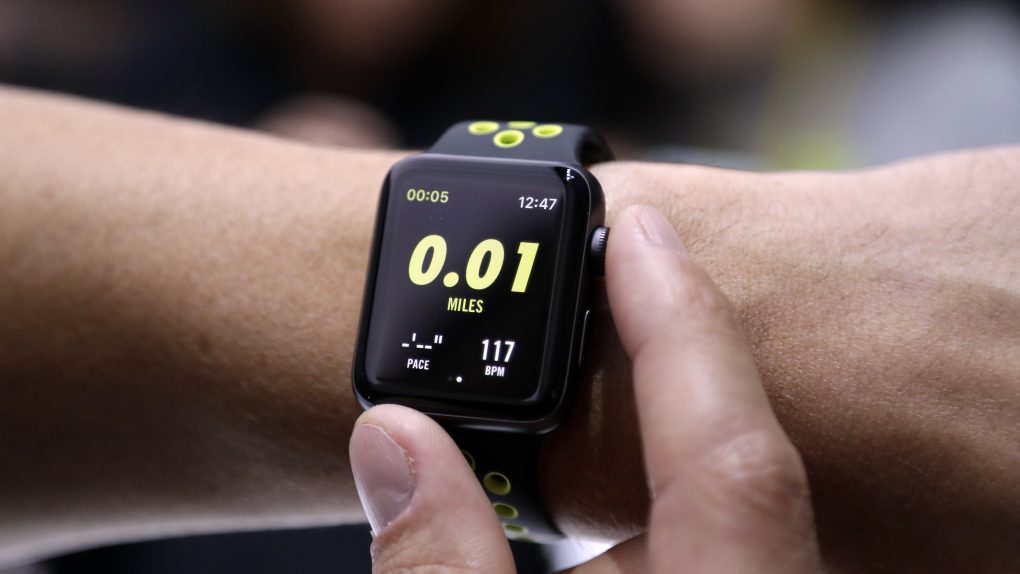There’s no doubt about it — the Apple Watch is a hit. While Apple has not disclosed sales numbers, smart money has the device, now in its second generation, at over 25 million units sold. That not only means the watch is a scorcher that is now beating the initial trajectory of the iPhone, but recent estimates also crown it the world’s top-selling fitness device, outpacing dedicated fitness trackers from the likes of Fitbit in regards to market share. The Apple Watch has generated more revenue since its debut than the entire Swiss watch industry during that period of time, which is an incredible achievement.
The fitness aspect of the watch has always been a huge focus, and we have been told by a source familiar with Apple’s plans that the company is looking to introduce a game-changing feature in an upcoming new version of the Apple Watch.
While there are countless uses for this new category of device that places a smartphone on your wrist, one of the most popular is fitness monitoring and tracking, an intense area of focus for Apple. There is most likely not a single consumer fitness product in the world that has had more internal testing, validation and investment than the Apple Watch, and this doesn’t seem to be slowing. Our source indicates that Apple has hired 200 PhDs in the past year as part of the company’s laser lock on improving and innovating in the health space with Apple Watch.
It has been rumored that Apple is interested in glucose monitoring, and it appears that the time may now be right. Previous rumors have stated that Apple might only be able to achieve this through a separate device that might complement the watch, however BGR has learned that this might not be accurate.
According to our source, Apple’s sights are now set on the epidemic of diabetes, and the company plans to introduce a game-changing glucose monitoring feature in an upcoming Apple Watch. An estimated 30 million people suffer from diabetes in the US alone, according to the American Diabetes Association, so Apple’s efforts could lead to a historic achievement in the world of health and fitness.
Currently, the only way to properly measure blood sugar levels is by using a blood sample, or by using a device that penetrates the skin. It’s uncomfortable, difficult and painful, and there are not presently any widely available noninvasive methods that are accurate. Apple isn’t stopping at just glucose monitoring, however.
Apple also plans to introduce interchangeable “smart watch bands” that add various functionality to the Apple Watch without added complexity, and without increasing the price of the watch itself. This could also mean that the glucose monitoring feature will be implemented as part of a smart band, rather than being built into the watch hardware.
A camera band that adds a camera to the watch is another possibility, or a band that contains a battery to extend battery life for wearers who want even more longevity, even though the Apple Watch’s battery performance is already class-leading. One can imagine the other types of smart bands that might be possible with this approach. This strategy might also make it easier for Apple to work with the FDA on approval of a medical device that the company could pre-announce, as opposed to letting a new Apple Watch leak months or even years in advance if it was to be submitted to the regulatory administration.
Another interesting quote from our source is that Apple has “identified the right part of the body and there’s so much more they can and intend to do with the watch.” While glucose monitoring would be a huge first step in Apple’s goal of continuing to make the Apple Watch indispensable, it’s not hard to imagine a near future where the watch is the hub of our digital and physical lives. It would monitor multiple aspects of the wearer’s health, but also replace smartphones when combined with some sort of augmented reality glasses or contact lenses, alongside AirPods in our ears.










